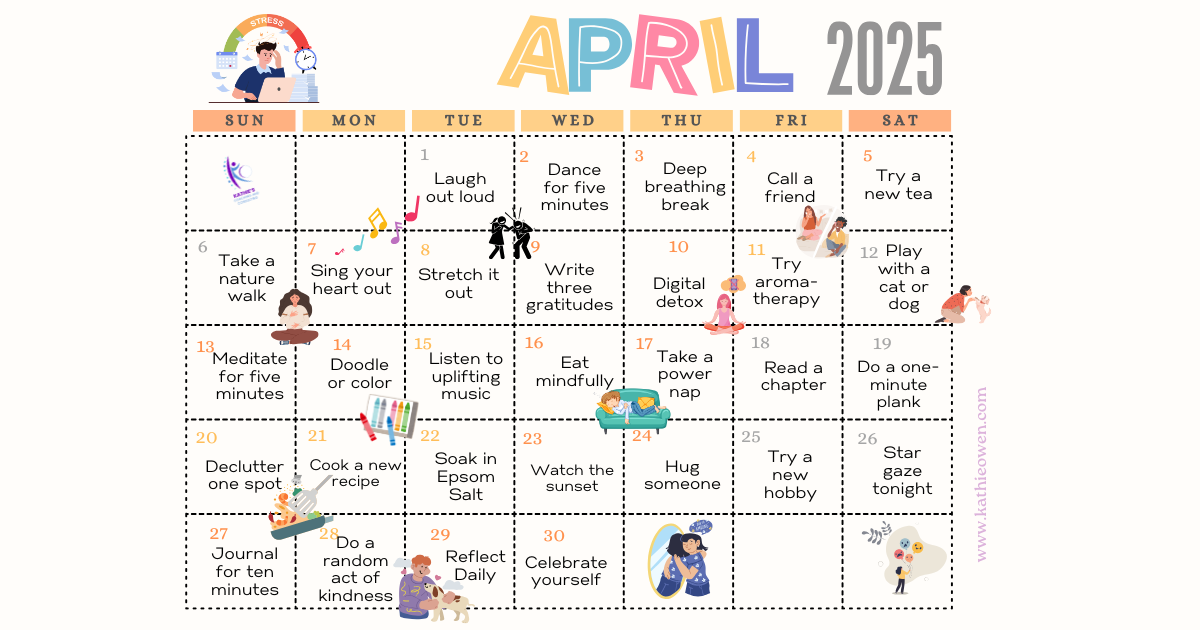Navigating Your Reality: Lessons from Transurfing in 78 Days
In the world of Reality Transurfing, as explored in "Transurfing in 78 Days," there's a profound understanding that our focus and attention significantly shape the reality we experience. More articles on Reality Transurfing Here!
I personally find that the book Transurfing in 78 Days is a practical way to understand the concepts and principles. I invite you to check it out below, the link to Amazon. Thank you!
This concept is crucial for anyone immersed in the practices of Transurfing. Let's delve into a potent quote from the book that encapsulates this idea:
"Then there are events like accidents, catastrophes, natural disasters; these too could become part of your reality if you start internalizing the news reports.
Focus your attention deliberately and solely on the things you want to see in your world. Turn away from everything else. Close your eyes and ears to it all. Evil will never disappear from reality altogether, but it can vanish from your layer of the world. You will simply stop encountering negativity."
-Vadim Zeland Transurfing in 78 Days
The Power of Selective Focus
The essence of this message lies in the power of selective focus. In the ever-connected world, we're constantly bombarded with news, often highlighting the negative aspects of reality – accidents, disasters, and more. While staying informed is essential, the Transurfing® approach advises us to be cautious about what we internalize.
Creating Your Layer of Reality
Your "layer" of reality is a unique filter through which you perceive the world. By focusing deliberately on what you wish to see, you essentially tune your filter to attract and notice events and experiences that resonate with your desires. This doesn't mean turning a blind eye to the world's problems but rather choosing not to let them dominate your personal reality.
The Disappearance of Negativity
A remarkable aspect of this approach is the gradual disappearance of negativity from your personal experience. By consciously choosing where to direct your attention, you limit the influence of negative events on your emotional state and life. It's not about ignoring evil but about not allowing it to permeate your personal space.
By the way that is true, powerful positivity. And positivity is NOT toxic. Read more articles on toxic positivity and my thoughts on this oxymoron.
Practical Steps for Reality Transurfers
Conscious Media Consumption: Be mindful of the news and media you consume. Ask yourself if it serves your well-being or pulls you into a vortex of negativity.
Focus on Desires: Regularly visualize and focus on your desires and goals. This aligns your energy and attention with what you want to manifest.
Emotional Detachment: Practice emotional detachment from negative news. Acknowledge it, but don’t let it linger in your mind.
Cultivate Positive Surroundings: Surround yourself with positive influences – people, books, environments – that reinforce the reality you wish to create.
Mindful Reaction: Choose your reactions. Remember, your emotional and mental reactions are powerful tools in shaping your reality.
Conclusion
In conclusion, Reality Transurfing teaches us a valuable lesson about the power of focus. By deliberately choosing what we pay attention to, we can significantly influence our personal reality.
It’s not about escaping the world's problems but about creating a personal space where positivity prevails. In doing so, we not only enhance our own lives but also contribute to a more positive collective reality.
Remember, your attention is the brush, and your reality is the canvas – paint wisely! -Kathie 😊
Notes from Kathie and an earlier blog post below!
Watch today’s episode on YouTube:
Listen to today’s episode here:
Negative Thoughts Attack Us All
Over the past weeks, I have encountered negativity. It got me thinking and while doing research for this article, video, and podcast episode it even brought me full circle.
I had a very tragic accident that happened at my place of work. A place I consider my home and my family.
I had triggers from my Complex PTSD
I also had oral surgery which meant I was forced to rest and recover.
There are stages of grief. We all grieve differently. But is only when we get to acceptance that we can consider negativity leaving us when encountering a traumatic situation. It is part of being human.
Note: These stages are our attempts to process change and protect ourselves while we adapt to a new reality.
The stages of grief are:
Denial
Anger
Bargaining
Depression
Acceptance
Replacing thoughts
I’d like to also present another quote that relates to this:
It is from Working with the Law by Raymond Holliwell
Crowd out all inferior thoughts by superior thoughts, evil thoughts by good thoughts, ugly thoughts by beautiful thoughts, distressing thoughts by pleasant thoughts, and you will begin to overcome the growth of all negative and confused states of wrong and discord.
When we listen to music - which is by nature repetitive anyway - it releases a high, a rush of dopamine in our brains that we're immediately drawn to replicate until we die (or hate the song we're playing). He went on to say: "It's hard to explain, but we know music affects our reward system.”
The same thing happens with a negative thought only the brain chemicals are a little different. But we can switch that.
Because negative information causes a surge in activity in a critical information processing area of the brain, our behaviors and attitudes tend to be shaped more powerfully by bad news, experiences, and information.
Brain Chemicals
I've been reading a lot about the chemicals in our brains that control behavior. I've written many times about dopamine and how positive experiences trigger warm feelings and thoughts.
It's one reason we like to check email, hoping for an encouraging message. It's also why we check our phones so often for text messages.
Curiously, in studying this topic lately, it turns out there's a competing chemical called cortisol that is related to your hormones and stress levels.
I find this so fascinating: Cortisol is a chemical in your brain that tends to flow more freely and spurs negative thoughts.
Your brain loves cortisol - so do fat cells BTW. I've read dozens of books and articles about this, so I don't have one particular source for this information other than my own tacit knowledge and experiences, but there is a war between the wonderful pat-on-the-back of dopamine and the negative slap-on-the-wrist of cortisol.
Known as an alarm system, your brain releases the chemical cortisol as a way to warn you about imminent danger, and, let's be honest, that's pretty helpful at times.
The car in your rearview mirror is speeding up too fast; a toxic person in the office is spreading rumors about you. These experiences are common, and they trigger cortisol in your brain with a snap, which means negative thoughts come more easily than positive thoughts.
Think about how that works. When you see that car approaching too fast or you encounter that toxic person in the office, the default reaction--the one that is easier and more fluid, the one that seems oh-so-right to you--is to feel stress and anxiety, to assume the worst will happen, to unleash negativity.
Pattern of Negativity
The problem for a lot of us is that we develop a pattern of negativity because our brains prefer that pattern. The pump is already primed.
The truth is a bit more complicated, however.
That car will probably swerve away from you, and that toxic person will probably not last at your company.
If the toxic person spreads rumors about you, it's easy to dwell on it because your brain is wired that way, but the reality is that most people know when someone is toxic and difficult in the office, so the rumors probably won't stick.
There is almost always a positive thought you can muster in any given situation. (If the environment is so toxic you're finding that to be impossible, it's time to find a different environment.)
Positive thoughts are harder. They take more work. You have to develop new patterns and new ways of thinking. Cortisol is always there, fighting back.
I did a video a few weeks ago on Proven Steps to Help You Stop Thinking About the Past. You can watch that here 👉
Discipline and Habits
Just know it may take some work at first but it is overall important to replace those negative thoughts with positive ones. And like Vadim says:
“Turn away from everything else. Close your eyes and ears to it all. Evil will never disappear from reality altogether, but it can vanish from your layer of the world. You will simply stop encountering negativity.”
Let me know how this works for you. Thank you for spending part of your day with me.
If you found this beneficial or you know someone who can benefit from this content, please share it with them.
Until next time, I’ll see you next time, Peace out and Namaste, Kathie




























A daughter's journey from math struggles to sports psychology mastery, exploring how dropping expectations and embracing inner excellence can transform performance and mindset. Features insights from Jim Murphy's book and lessons in wisdom, courage, and love.
#SportsMinds #PersonalGrowth #MindsetShift #InnerExcellence #ToastmastersSpeech #SportsPsychology